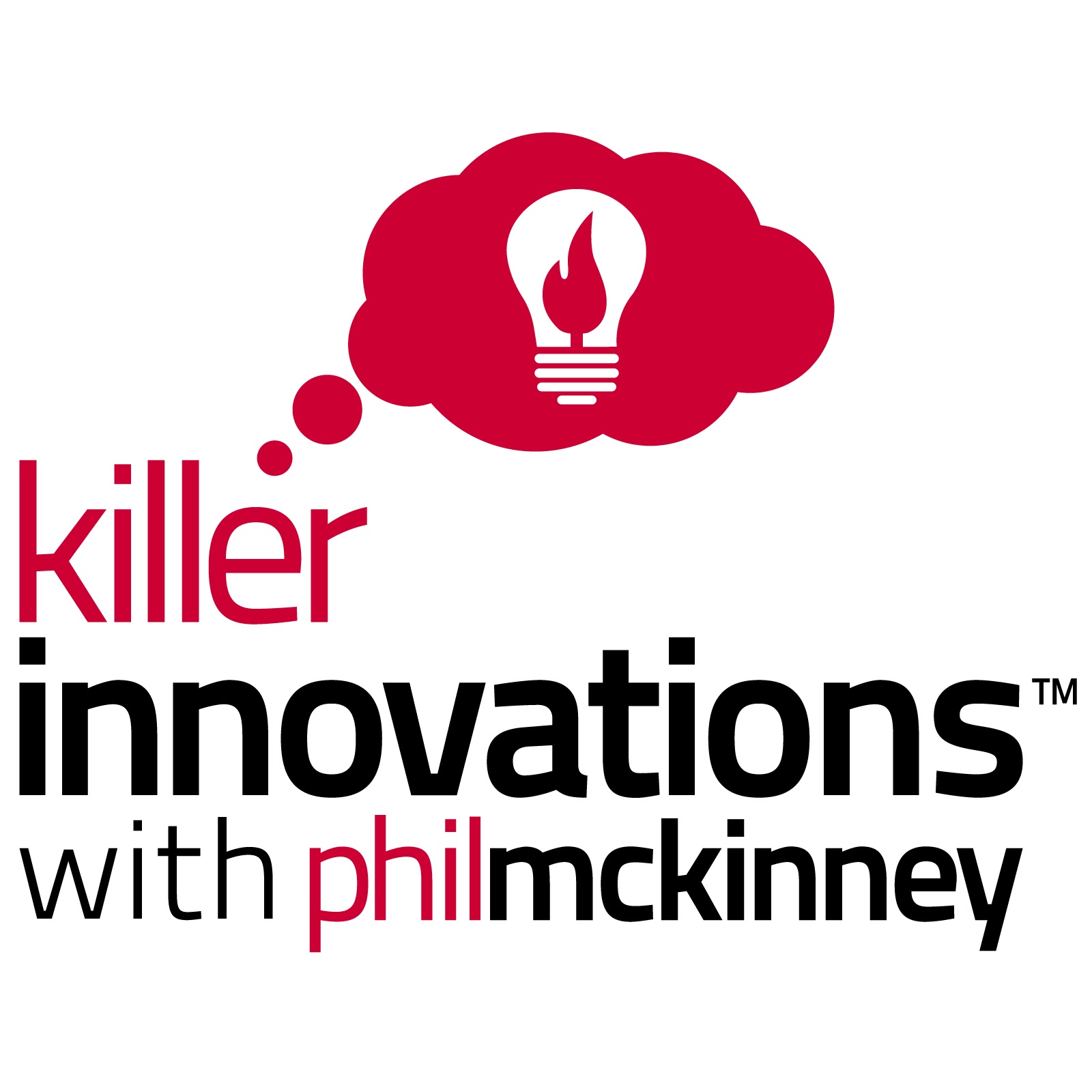Mapping Out Your Innovation Career Path

A well-defined career path is crucial for anyone aspiring to establish a successful career in innovation. The rapidly evolving landscape of innovation jobs demands a strategy to navigate its complexities effectively. An innovation career path is a roadmap clarifying the progression and milestones necessary to achieve your professional goals. It helps you identify the critical skills and experiences required at each stage, stay aligned with industry trends, and facilitate continuous growth and learning. A clear career path empowers you to make informed decisions, seize opportunities promptly, and maintain a focus on your long-term vision.
\n
\nExploring Different Roles
\nEmbarking on a career in innovation offers many exciting opportunities that cater to diverse interests and skill sets. To build a successful innovation career, it is essential to understand the various roles available and how each can contribute to your professional journey. By exploring these roles, you can identify where your strengths and passions align, allowing you to make informed choices and strategically plan your career path in innovation.
\nProduct Manager
\nProduct managers in the innovation field oversee the development and lifecycle of new products. They identify market needs, define product vision, and work closely with engineering, marketing, and other departments to ensure successful product launches.
\nKey Skills Required:
\n
\n* Strong communication and leadership skills
\n* Market research and analytical capabilities
\n* Strategic thinking and problem-solving
\n* Understanding of product development lifecycle
\n
\nPros:
\n
\n* Opportunity to drive the creation of groundbreaking products
\n* High visibility within the company
\n* Diverse responsibilities and a dynamic work environment
\n
\nCons:
\n
\n* High-pressure role with significant responsibility
\n* Requires balancing multiple stakeholder interests
\n* Long development cycles can delay seeing results
\n
\nResearch & Development (R&D)
\nR&D focuses on researching new technologies, materials, and methods to create innovative solutions. Their work often involves conducting experiments, analyzing results, and collaborating with other researchers.
\nKey Skills Required:
\n
\n* Strong technical and analytical skills
\n* Creativity and innovative thinking
\n* Proficiency in specific scientific or engineering disciplines
\n* Ability to work independently and as part of a team
\n
\nPros:
\n
\n* Hands-on involvement in cutting-edge research
\n* Intellectual stimulation and the opportunity to solve complex problems
\n* Potential for significant contributions to scientific and technological advancements
\n
\nCons:
\n
\n* Research can be time-consuming and resource-intensive
\n* Potential for high levels of uncertainty and project failures
\n* Requires continuous learning and staying updated with the latest developments
\n
\nInnovation Consultant
\nInnovation consultants help organizations develop and implement innovation strategies. They diagnose challenges, propose actionable solutions, and assist in driving change within companies.
\nKey Skills Required:
\n
\n* Excellent problem-solving and analytical skills
\n* Strong interpersonal and communication abilities
\n* Deep understanding of innovation processes and methodologies
\n* Project management and organizational change expertise
\n
\nPros:
\n
\n* Exposure to a variety of industries and projects
\n* Opportunities to work with top executives and decision-makers
\n* Rewarding role in driving transformation and business success